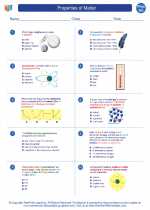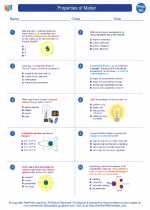Antibodies: Structure, Function, and Types
Antibodies, also known as immunoglobulins, are Y-shaped proteins produced by the immune system in response to the presence of foreign substances called antigens. These antigens can be from pathogens such as bacteria, viruses, and other microorganisms, as well as from non-living substances like toxins and chemicals.
Structure of Antibodies
Antibodies are composed of four polypeptide chains - two identical heavy chains and two identical light chains. Each chain contains constant and variable regions. The variable regions are crucial for the specificity of antibody-antigen binding, as they contain the antigen-binding site. The constant regions determine the antibody's class and function.
Function of Antibodies
Antibodies function by recognizing and binding to specific antigens, marking them for destruction by other immune cells. This process can lead to the neutralization of pathogens, the activation of the complement system, or the tagging of antigens for phagocytosis.
Types of Antibodies
There are five main classes of antibodies: IgG, IgM, IgA, IgD, and IgE. Each class has distinct functions and distribution within the body. IgG, for example, is the most abundant antibody, found in blood and tissue fluids, and provides long-term immunity. On the other hand, IgE is involved in allergic reactions and defense against parasitic infections.
Study Guide
- Antibody Structure: Understand the composition of antibodies, including the arrangement of heavy and light chains, as well as the roles of constant and variable regions.
- Antibody Function: Learn how antibodies recognize and bind to antigens, and the subsequent mechanisms by which they contribute to the immune response.
- Types of Antibodies: Familiarize yourself with the five classes of antibodies, their unique functions, and their distribution in the body.
- Antibody Diversity: Explore the concept of antibody diversity and the mechanisms that allow the immune system to generate a vast array of antibodies capable of recognizing diverse antigens.
- Clinical Applications: Consider the clinical significance of antibodies, including their role in diagnostics, therapy (such as monoclonal antibody treatments), and vaccine development.
Understanding antibodies is crucial in comprehending the immune response and various aspects of immunology. It also has implications in medical research, diagnostics, and healthcare.
.◂Physics Worksheets and Study Guides High School. Properties of Matter

 Worksheet/Answer key
Worksheet/Answer key
 Worksheet/Answer key
Worksheet/Answer key
 Worksheet/Answer key
Worksheet/Answer key
